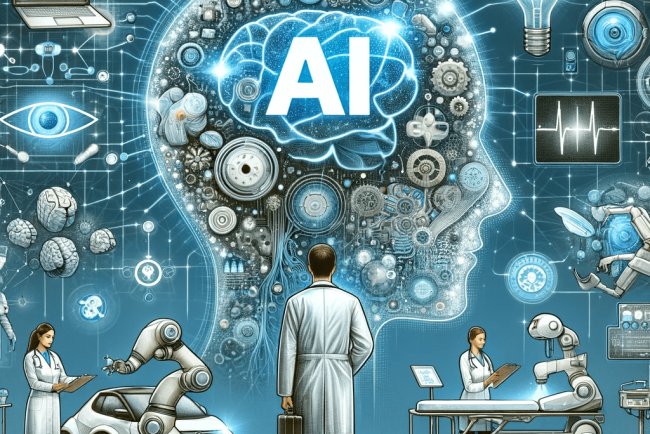Technology has become an indispensable part of modern education. Today, there are many technological tools and resources available that enrich the learning experience for both students and teachers. In this article, we will discuss the significant role of technology in classrooms and education.
Firstly, technology provides greater access and flexibility in education. The internet allows students to access information from anywhere. Digital learning platforms enable students to access course materials online and work at their own pace, allowing them to better manage their own learning processes.
Secondly, technology enhances teaching methods. Digital tools and applications enable teachers to make their lessons more engaging and effective. Interactive simulations, learning games, and virtual learning environments can provide students with a more engaging learning experience.
Thirdly, technology helps in monitoring and assessing student performance. Learning management systems and online assessment tools allow teachers to track student progress more efficiently. This data-driven approach helps identify areas where students may be struggling and allows for targeted interventions.
Furthermore, technology facilitates collaboration among students and teachers. Online communication tools and platforms make it easier for students to collaborate on group projects, even when they are not physically in the same location. Teachers can also communicate with students and parents more easily through email, messaging apps, and virtual meetings.
In addition to traditional textbooks, e-books and digital resources are readily available, making it easier for students to access a wide range of educational materials. This reduces the need for heavy backpacks and allows students to carry their learning materials on a single device.
Technology also supports differentiated instruction. Teachers can use online resources to tailor their lessons to individual student needs, providing additional support or challenges as necessary. This personalized approach can lead to better learning outcomes.
Furthermore, technology opens up new opportunities for distance learning. Online courses and virtual classrooms enable students to access education from anywhere in the world. This is particularly valuable for individuals who may not have access to traditional educational institutions.
Additionally, technology helps in fostering 21st-century skills. Students need to be proficient in using digital tools and navigating the digital world, which are essential skills in today's workforce. Educational technology can prepare students for the demands of the modern job market.
Moreover, technology enables flipped classrooms, where students can review lecture materials at home and spend class time engaged in interactive discussions and activities. This approach can lead to deeper understanding and more meaningful learning experiences.
It's important to note that technology also plays a crucial role in special education. Assistive technologies can help students with disabilities access educational materials and participate more fully in the learning process.
Furthermore, technology allows for real-time feedback. Students can receive instant feedback on their assignments and assessments, allowing them to learn from their mistakes and make improvements.
In conclusion, technology has transformed the field of education in numerous ways. It provides greater access, enhances teaching methods, supports assessment and monitoring, fosters collaboration, and prepares students for the digital age. As technology continues to evolve, its role in education will only become more significant, offering even more opportunities for innovative teaching and learning experiences.





















